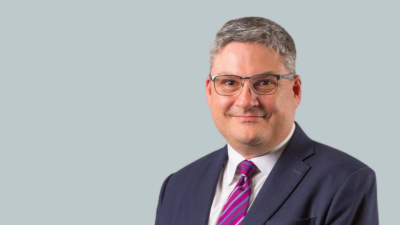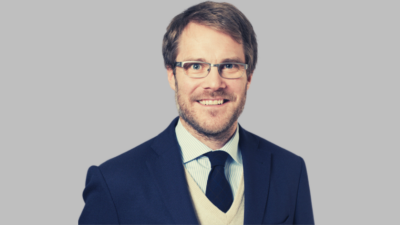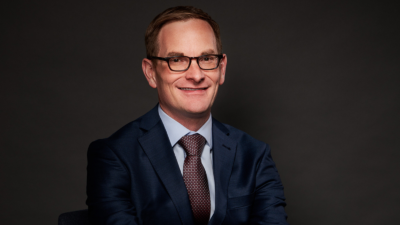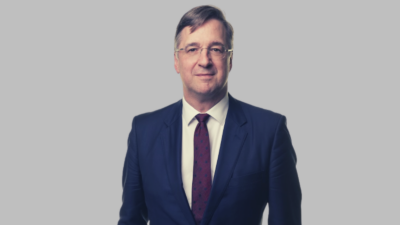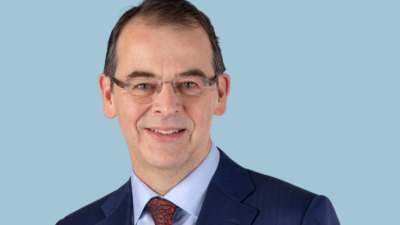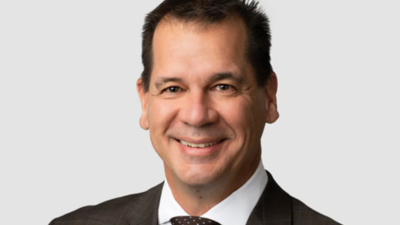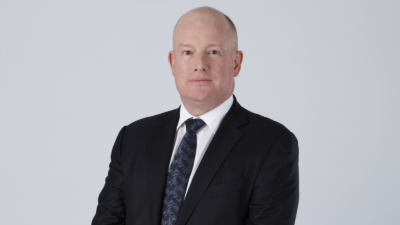How institutional investors generate returns now needs to change, according to a position paper from the Future Fund, with the very foundations of Modern Portfolio Theory shaken by the events of 2020-22.
Institutional investors the world over are increasing their allocations to private equity, even though they don’t know how much risk they’re taking on. And in 2023 they expect ESG stocks will underperform.
Howard Marks doesn’t place much weight in macro forecasts, but has helpfully provided one of his own for the years to come. In his view, nearly everything that used to work won’t work now.
Institutional investors are mostly unaware of what’s dragging on their performance, according to analysis by Northern Trust Asset Management. Having too many managers with the same style is part of the problem.
A small handful of new benchmarks would make alternative strategies viable under the YFYS performance test and once again allow funds to take advantage of their diversifying characteristics.
Pension funds are increasingly turning to active management to generate returns in a hostile environment. But as they seek to become true global investors, super funds face a different set of tradeoffs.
2022 has left investors battered. The start of 2023 will leave them merely bruised. But analysts and economists alike aren’t pricing recession right.
Stung by the harsh correction in the US equity market, sovereign wealth funds are looking further afield. And they’re beginning to question whether the pace of their private markets investing can be maintained.
Pandemics, invasions, and the return of inflation. If the last few years have shown investors anything, it’s that outrageous predictions can often be anything but.
The only reason private equity hasn’t suffered as much in this downturn is the discretion that sponsors have over its valuation. That’s going to change – and so is investors’ willingness to believe the impossible.


